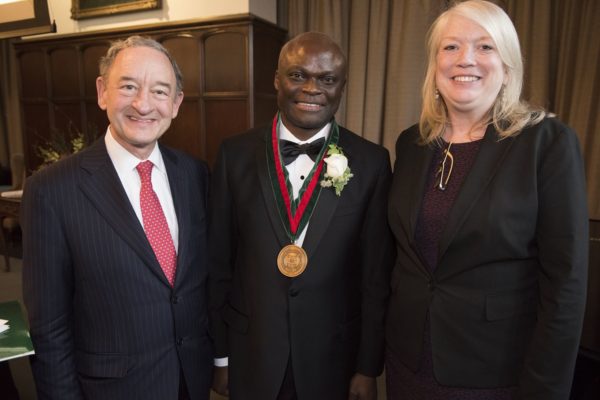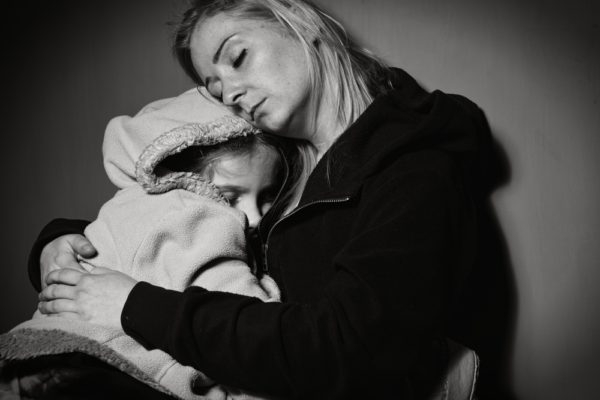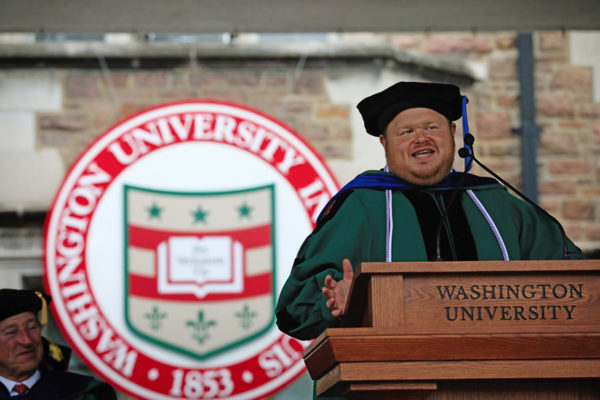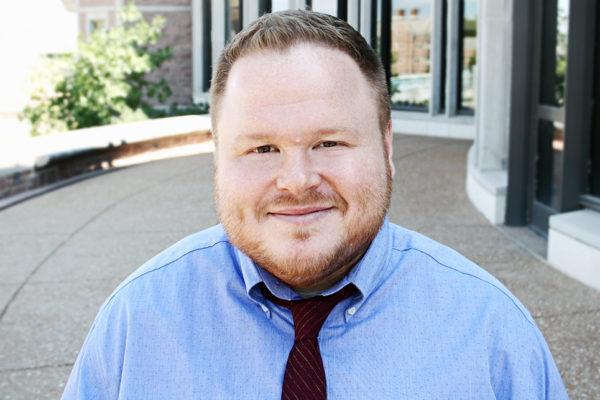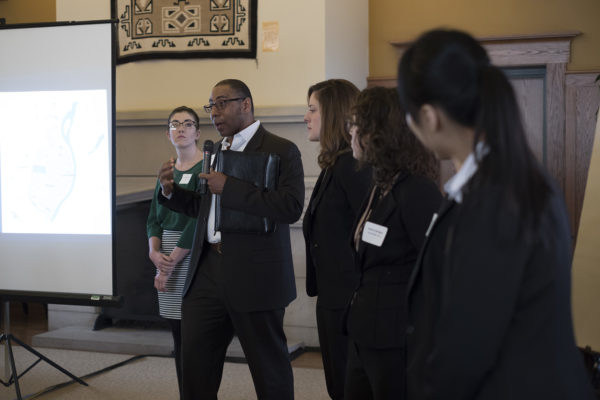Ssewamala installed as Gordon Distinguished Professor
Fred M. Ssewamala has been installed as the William E. Gordon Distinguished Professor of Social Work in the Brown School at Washington University in St. Louis. A ceremony was held Feb. 8 in Brown Hall to mark the occasion, followed by a reception in Goldfarb Hall.
Can a Twitter-based reporting tool improve foodborne illness tracking?
Foodborne illness is a serious and preventable public health problem, affecting one in six Americans and costing an estimated $50 billion annually. As local health departments adopt new tools that monitor Twitter for tweets about food poisoning, a study from Washington University in St. Louis is the first to examine practitioner perceptions of this technology.
Parenting, child care services have most potential to help low-income families
Child care, parenting and child health/health care are important factors in improving the lives of children in low-income families, according to a new study from the Brown School, which surveyed 211 helpline staff.
Graduate student speaker Donald Gerke’s address to the Class of 2018
Read the text of graduate student speaker Donald Gerke’s prepared remarks to the Class of 2018. Gerke received a doctorate from the Brown School.
Finding strength in challenging times
Graduate student speaker Donald Gerke’s Commencement speech will focus on the importance of perseverance, finding strength to continue working in challenging times, and the importance of continuing to push for social justice throughout students’ lives.
Class Acts: Working toward restorative justice
The Brown School’s Najjuwah Walden, once of the system, aims to take on institutional violence as part of the system. Her post-graduate career will focus on reproductive and sexual health, particularly as it relates to institutional racism and economic stability.
Where therapeutic intuition meets technology
A new suite of technology tools developed by David Patterson Silver Wolf, associate professor at the Brown School, aims to enable addiction and behavioral health professionals to monitor their own treatment services, as well as their patient’s recovery process, using data as their guide.
Taking aim at racial disparities in infant mortality
This spring, two teams comprised of multidisciplinary graduate students from the Brown School, Olin Business School and the School of Law took part in the first-ever Social Innovation Initiative, tackling the problem of infant mortality in St. Louis.
Washington People: Aytakin Huseynli
Aytakin Huseynli grew up in Azerbaijan. Seeing war and chaos around her, she knew she wanted to help others but didn’t know how to go about it. She eventually made her way to the Brown School, earned a master’s in social work and returned to her home country to establish the profession there. Today she is back on campus working toward a doctorate.
New report released on segregation in St. Louis
A new 115-page community-driven report on segregation and housing in St. Louis has been released by numerous local partners in the fields of public health, law, fair housing, and community development, including the Brown School’s For the Sake of All initiative.
View More Stories
